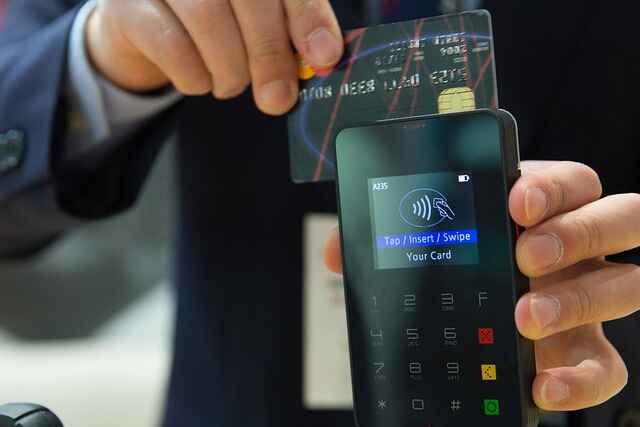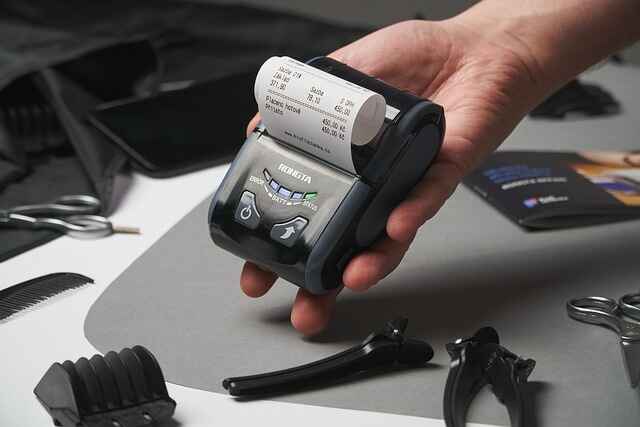Are you looking for a way to pay off your debts faster? You’re not the only one. In fact, 79 million Americans admit to struggling with at least one form of debt.
Whether your debt stems from credit card issuers or medical bills, it can be incredibly stressful. However, paying debt faster can have a major impact on your credit score. This means paying down your debt faster can also help you gain financial stability.
This article will take a closer look at why paying debts faster is beneficial, as well as strategies to do so. Keep reading to get the full breakdown.
Also Read: Why is it important to keep track of your credit score?
1. Establish A Goal And Budget In Paying Debt
Start by writing down your debts and their respective interest rates. This will help you determine which debt to prioritize based on the highest interest rate. Create a budget by calculating your income and expenses, then make sure that the amount you are setting aside for debt payments is realistic, given your situation. After that, focus on making larger payments when possible and choosing a debt payoff program from a reputable provider.
Don’t forget to incorporate rewards for reaching debt milestones into your goal. Doing so will give you the incentive to stay on track and pay off debt fast. Following these tips will help ensure financial health, improved credit scores, and an overall improved quality of life.
2. Utilize The Debt Snowball Method
The debt snowball method is the best way to pay off debt. This method entails first pinpointing the debts with the smallest balances while also considering the highest interest-bearing accounts. It is to pay off the smallest debt first while continuing to meet the minimum payments on the other debts each month.
Once the smaller debt is settled, monthly payments are applied to the next smallest debt, and so on. All of this is done while continuing to focus on increasing the amount of money that can be applied to each monthly payment. It helps to look for extra income to pay off debt even sooner. Read this article and try these tips today and start putting yourself in control of your finances.
3. Reduce Unnecessary Spending
Start by creating a budget to identify unnecessary spending and reduce it. Track all your monthly expenses, income, and debts. Make sure you know how much you really owe and how much you’re paying in interest. Curb your impulse buying by understanding why you make impulsive purchases and try diverting this behavior into something more productive.
Consider cutting discretionary spending, such as streaming services, takeaways, or weekend trips. With patience and dedication, you can pay down debt and raise your credit score while reducing financial stress.
Develop A Plan To Manage Your Credit Utilization
By reducing the amount of debt you currently owe and sticking to a plan to manage your credit utilization, you can improve your credit score. Paying debt faster can help you achieve this goal. Start by figuring out what works best for you, and begin taking action today. You’ll see the results in no time!
Interested in learning more about paying debt? Then be sure to explore our blog for all of the answers to your question!
Also Read: Understanding Credit Card Debt Refinancing (Kredittkortgjeld Refinansiering)




